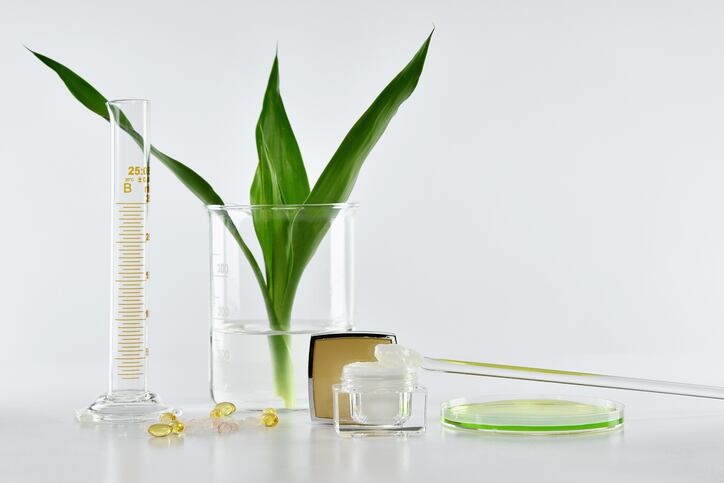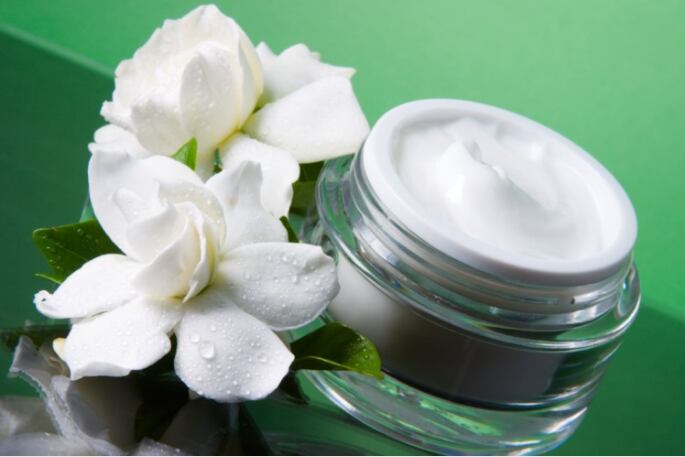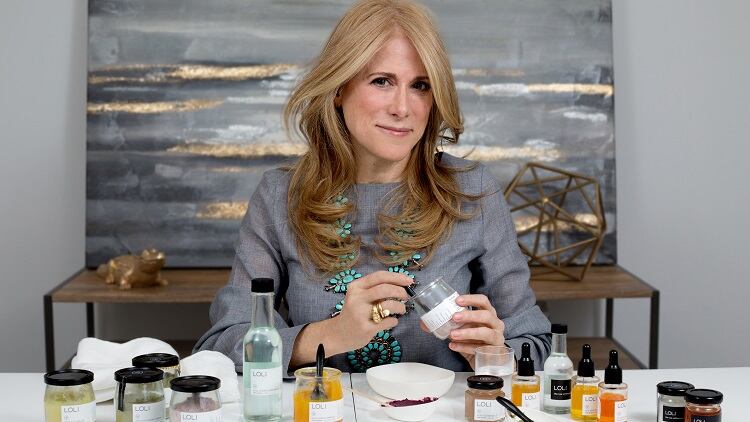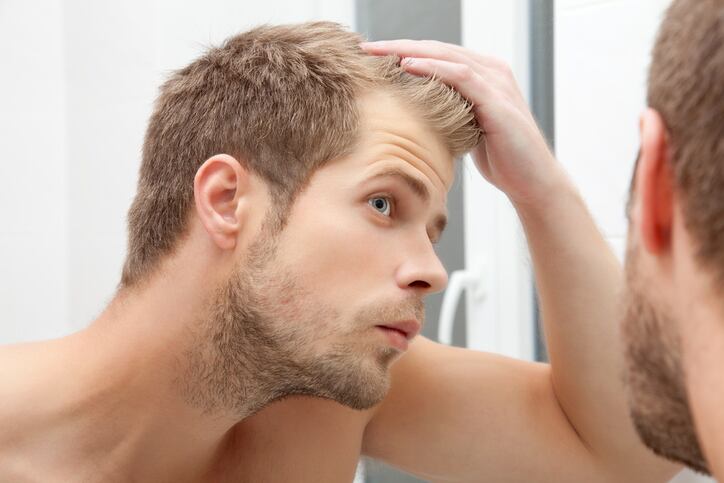The insights come from industry expert Amarjit Sahota, President and Founder, Ecovia Intelligence - a market research, consultancy and training firm.
Find his top predictions for how these trends are like to evolve in the coming period here.
Ecovia Intelligence will be covering these developments and more at its upcoming editions of the Sustainable Cosmetics Summit (Paris, 5-7 November, and Hong Kong 12-13 November).
4. Eco-labelling trend
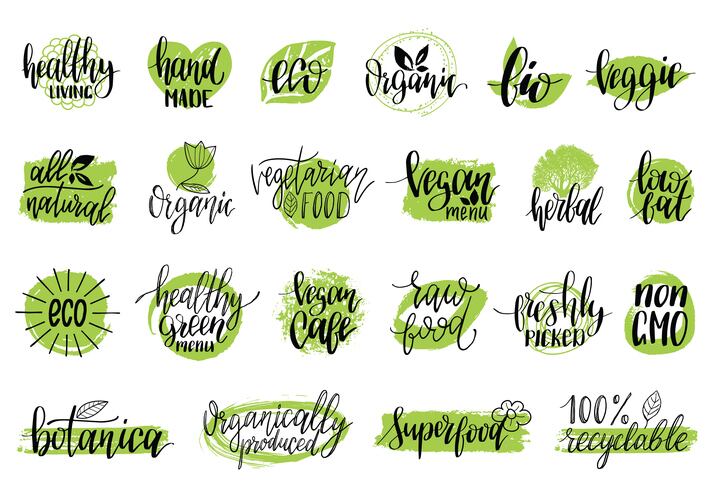
A growing number of brands are looking at eco-labels to display their green / ethical credentials. Natural & organic labels are the most established, however a raft of new labelling schemes have been introduced in the last few years.
The most recent is the UEBT Certified Sourcing With Respect, introduced in June 2018, with Weleda and Natura Brasil the first adopters.
Others, like Allergy Certified are making headway in Europe, and Non-GMO project Verified is gaining popularity in North America.
Some schemes (like Non-GMO) are crossing over from the food industry; these include Fairtrade, Vegan, and Gluten-Free.
3. Green formulations
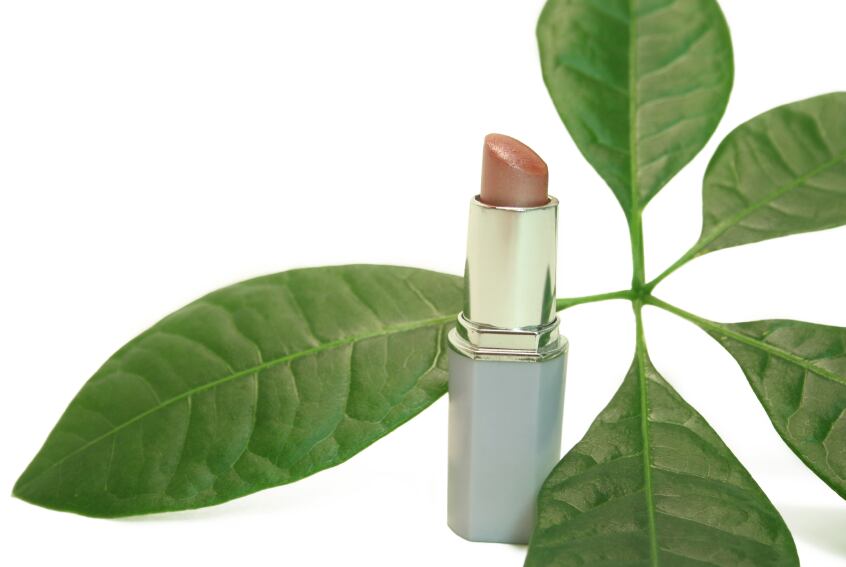
This major trend is continuing whereby cosmetic brands are replacing contentious synthetic chemicals with green or safer alternatives.
We are seeing more brands making ‘free-from’ claims on product packs, with products marketed as clean beauty.
A growing number of retailers are capitalising on this development. One example is Credo Beauty in the US, having seven ‘clean beauty’ stores in the US.
In recent months, Sephora has also introduced a clean beauty section in its American retailers that feature brands without contentious synthetic chemicals.
2. Packaging impacts
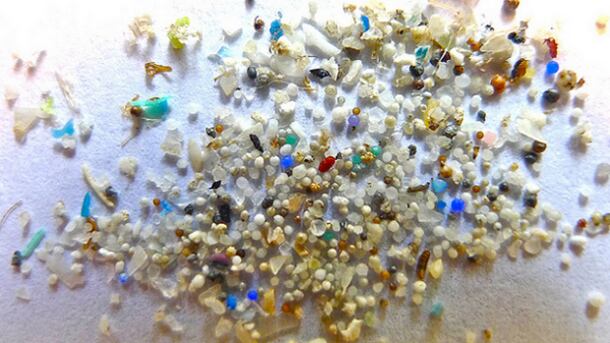
Rising awareness of plastic pollution, especially in the ocean, is putting pressure on cosmetic & personal care brands to reduce their packaging impacts.
In the last 2 months, several companies have started to use ocean plastic (recuperated from the ocean and beaches) in their product packaging.
They include P&G, Unilever and Henkel. We are featuring this development at our Sustainable Cosmetics Summit where organisations like TerraCycle who how they can integrate ocean plastic into packaging formats.
1. Metrics

Sustainability metrics are becoming prominent whereby large cosmetic & personal care firms are taking a systematic approach to sustainability.
They are measuring carbon footprint, energy usage, waste with the aim of reducing their environmental impacts.
Some like Unilever and P&G have made zero-waste pledges, others have set targets to reduce greenhouse gases and their carbon footprints.

